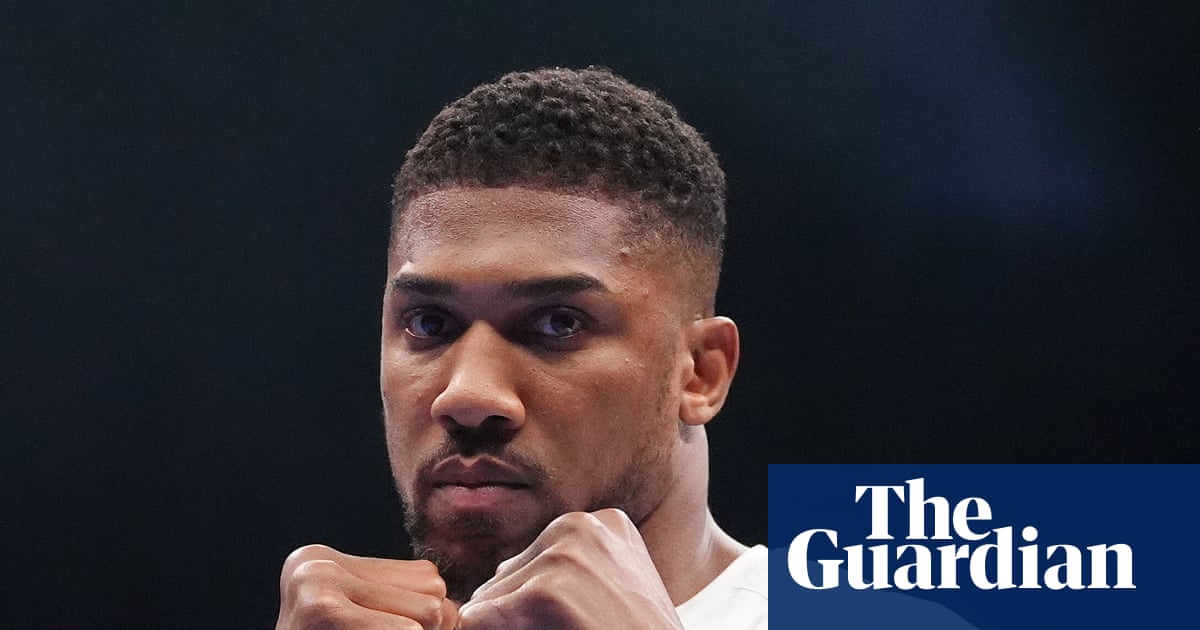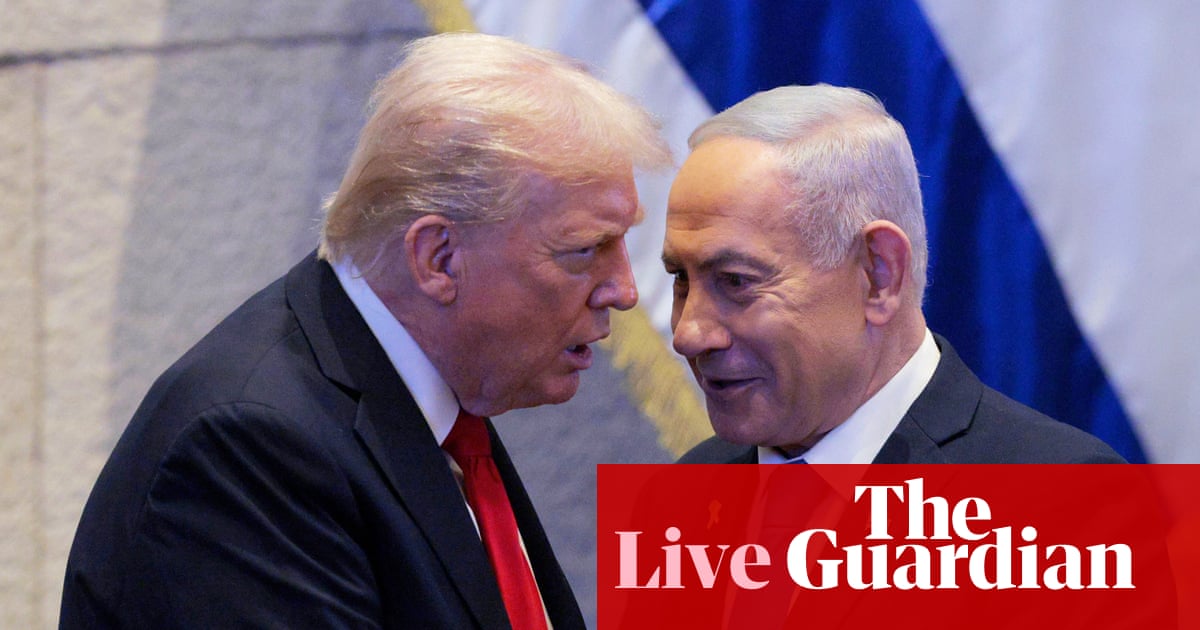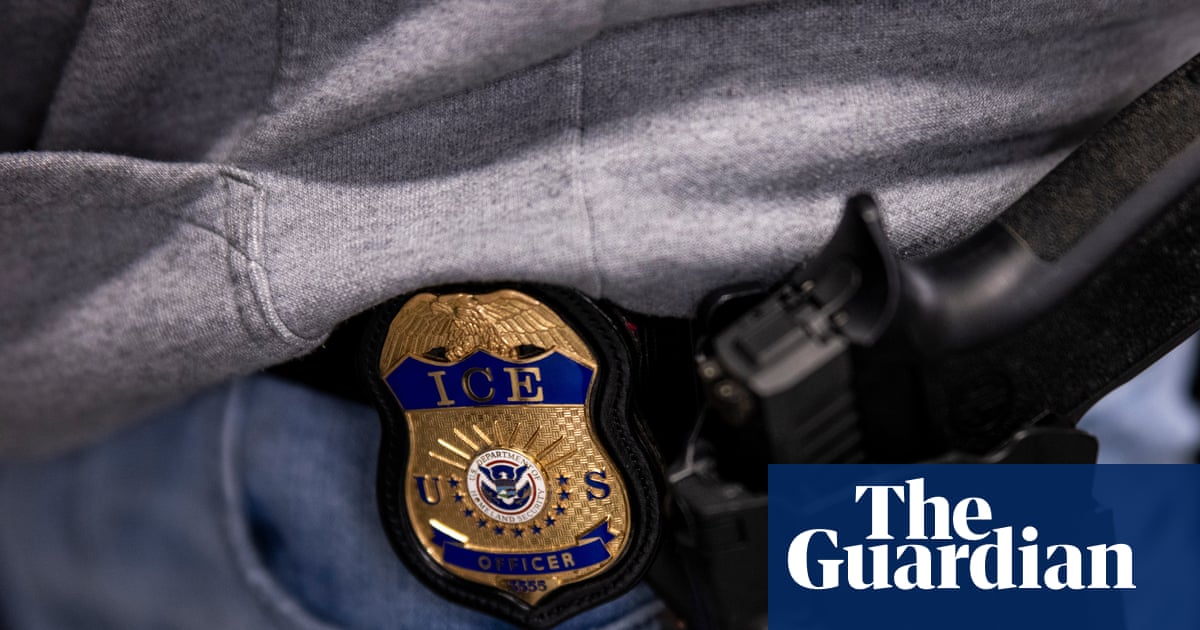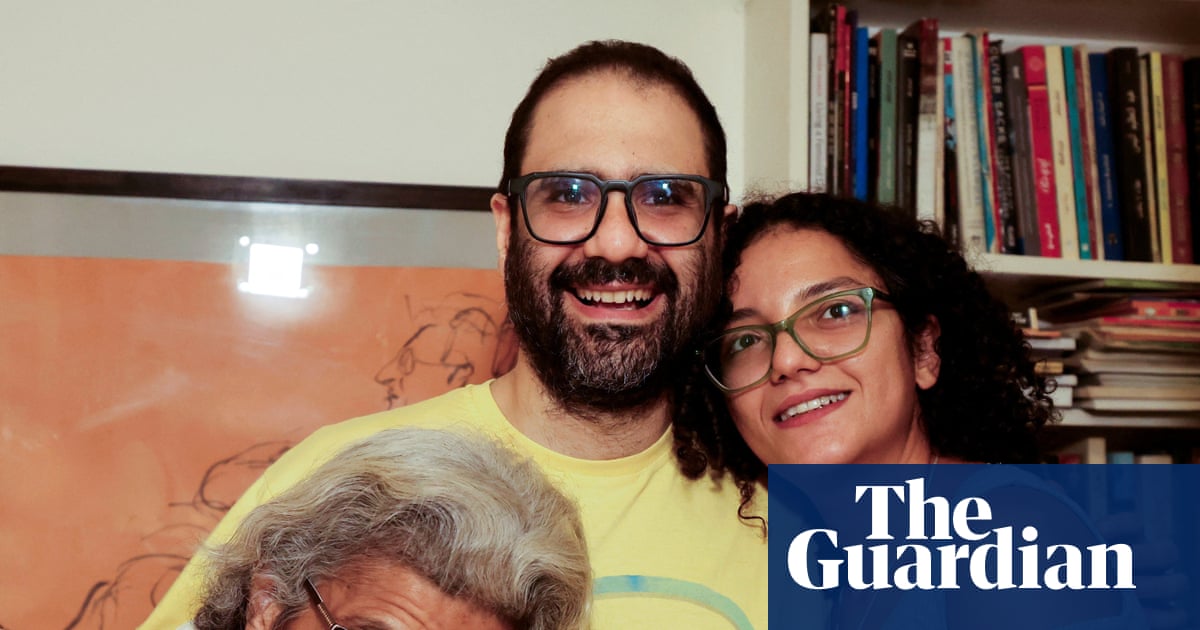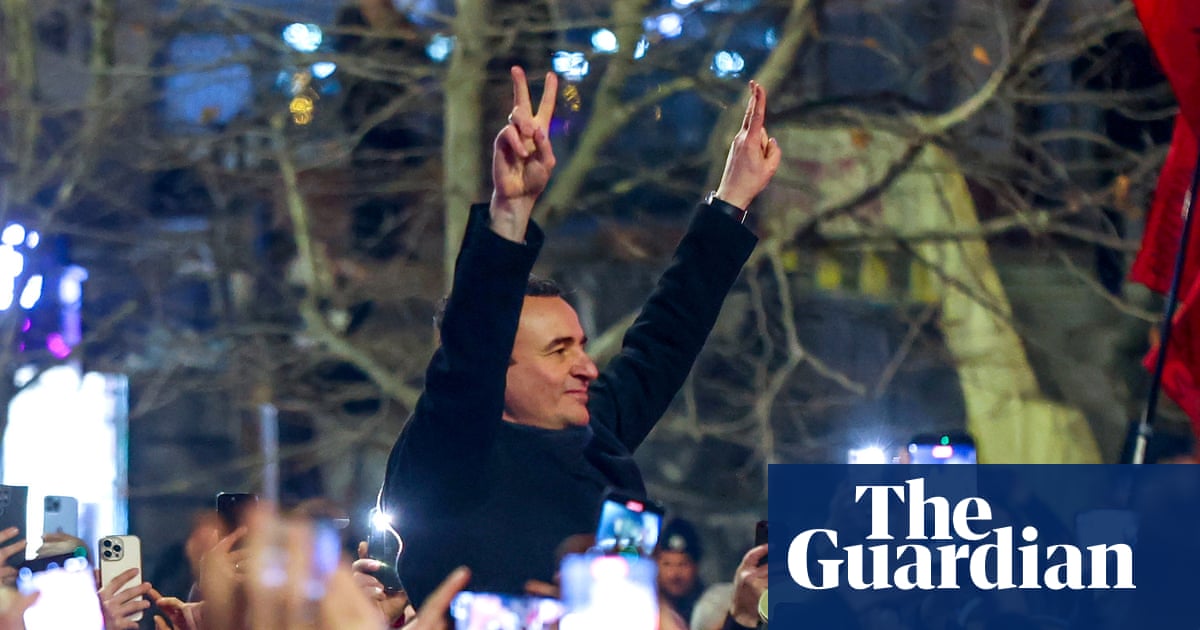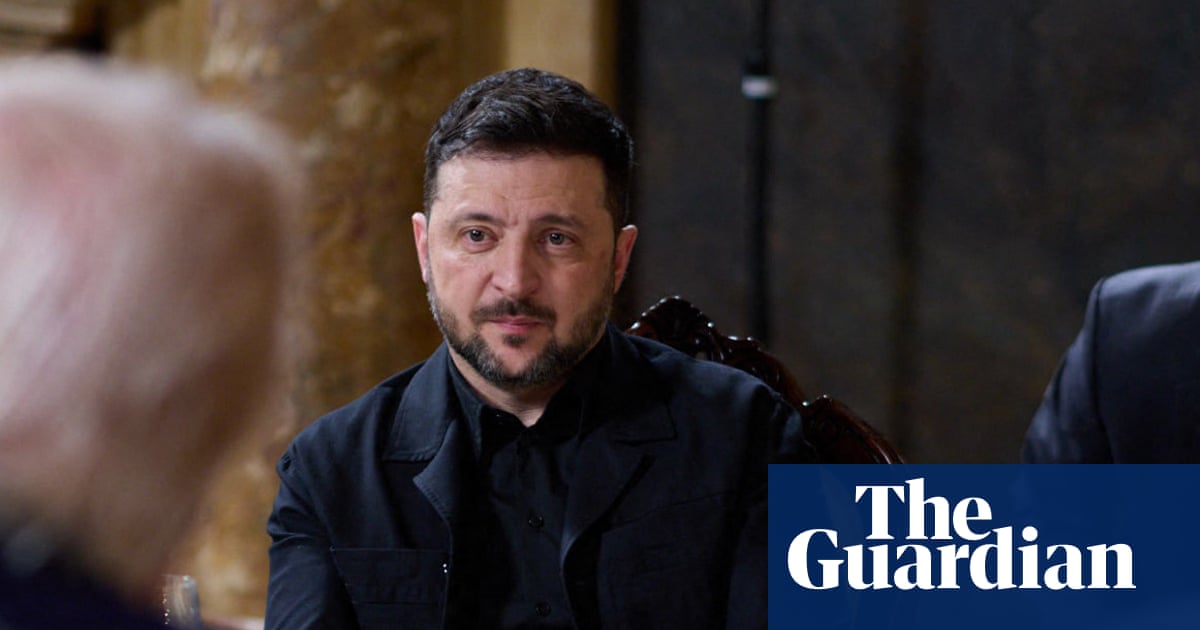The trial defense of the man accused of trying to assassinate Donald Trump at one of his golf resorts in Florida in September 2024 got off to a shaky start on Thursday, after he was cut off by the judge minutes into his opening remarks.
Ryan Routh, 59, who is representing himself despite having no legal education, is charged with five crimes including attempted assassination of a major presidential candidate. He has pleaded not guilty.
In an unusual and awkward start to the trial, Routh spoke for less than five minutes before Aileen Cannon, the US district judge, ended his opening statement. She interrupted him three times to remind him of proper procedure and reprimand him to not make a “mockery of the court” as he mused about unexpected topics including human evolution, global conflicts and Adolf Hitler, rather than mount a meaningful defense.
At one point, Cannon – a Trump appointee – excused the jury while she chastised him, before finally suspending his remarks entirely.
Prosecutors urged jurors to focus on the evidence that they said they would present rather than on their political feelings.
“This case is not about if you like Donald Trump or not,” John Charlton Shipley Jr, one of the prosecutors, told jurors on Thursday morning. Instead, it was about whether Routh plotted to kill Trump, then a presidential candidate. It was the second attempt on Trump’s life in under three months.
Prosecutors told jurors that Routh, a building contractor from North Carolina, “carefully crafted” his attack for weeks before aiming a rifle from just outside the Trump International Golf Club in West Palm Beach on 15 September 2024.
They allege that Routh put together a methodical plan which included purchasing a military-grade weapon, “obsessively” researching Trump’s movements, and utilizing a dozen burner phones, to kill Trump based on political grievances. Cellphone data, security footage, a handwritten note by Routh stating an intention to kill Trump, as well as eyewitness testimony would prove the case beyond reasonable doubt, Shipley said.
Robert Fercano, a US Secret Service agent, testified that he was on a golf cart screening the course a hole or two ahead of Trump, who was playing on the 5th hole, when from about five feet away, he saw one or two inches of a rifle peeking through the brush near the sixth hole.
Fearing for Trump’s life, the agent said he called out to the person holding the rifle, saw the person take aim at him and fired his pistol. Jurors in the courtroom then heard a recording of the frantic radio traffic after Fercano fired.
“Mogul on five green,” Fercano said, referencing Trump’s call sign. “Shots fired, shots fired, shots fired. Individual … with a … AK-style weapon.”
Prosecutors said the shots caused Routh to drop his semi-automatic rifle and flee. Fercano held up the SKS semi-automatic rifle in court for jurors to see.
During his cross-examination, Routh asked the agent if it was “good to be alive” and appeared to acknowledge that he was the person Fercano had spotted on the course. After Routh attempted to suggest that the rifle Fercano spotted was not held in a threatening manner, or that he lacked the mindset to actually fire the weapon, the agent replied: “I don’t know your mindset that day, but I know you pointed [your rifle] at my face.”
Another witness, Tommy McGee, testified that he was out furniture shopping when he heard gunshots, saw a “disheveled, unkempt and frantic man” flee, and chased his car. He wrote down the license plate number and later identified Routh to the police. During cross-examination, Routh praised McGee as “an American hero”.
Prosecutors called another three witnesses: another US Secret Service agent who responded to the assassination attempt, and two FBI agents involved with holding and processing Routh. Routh’s cross-examinations were so brief that the court adjourned early on Thursday.
The trial continues.

 3 months ago
55
3 months ago
55

